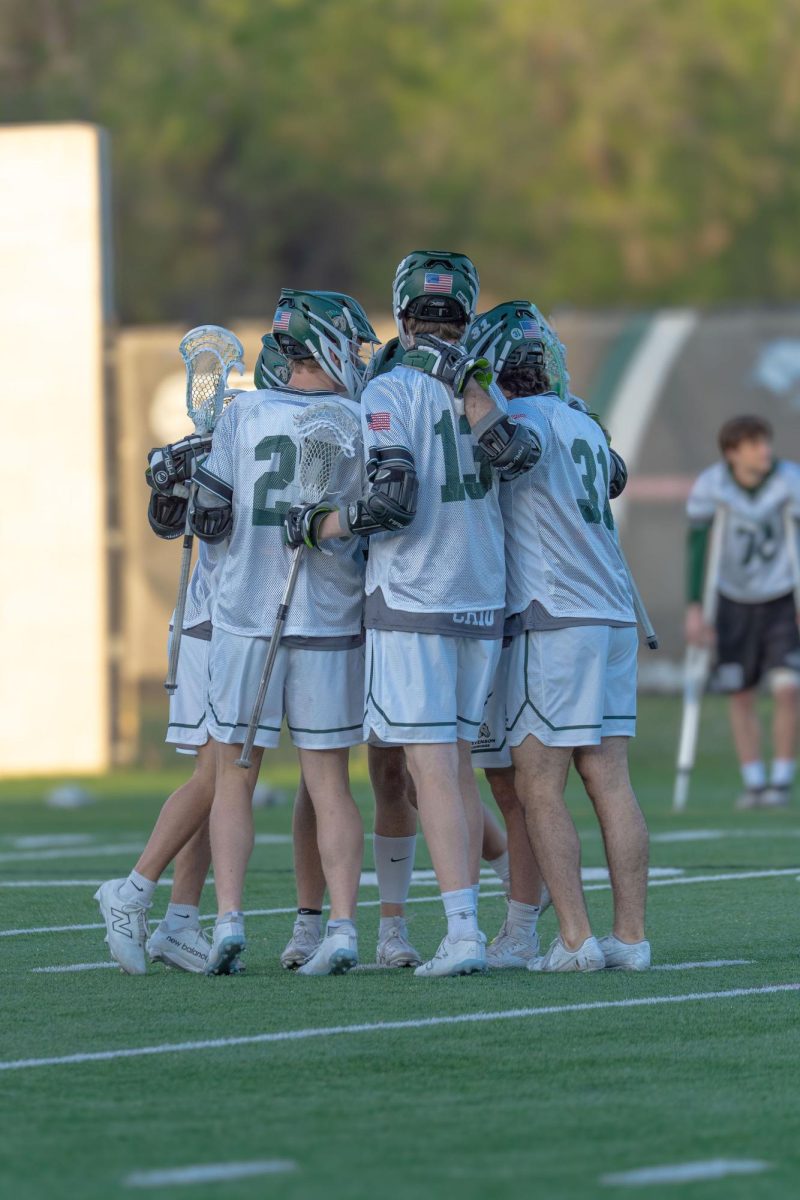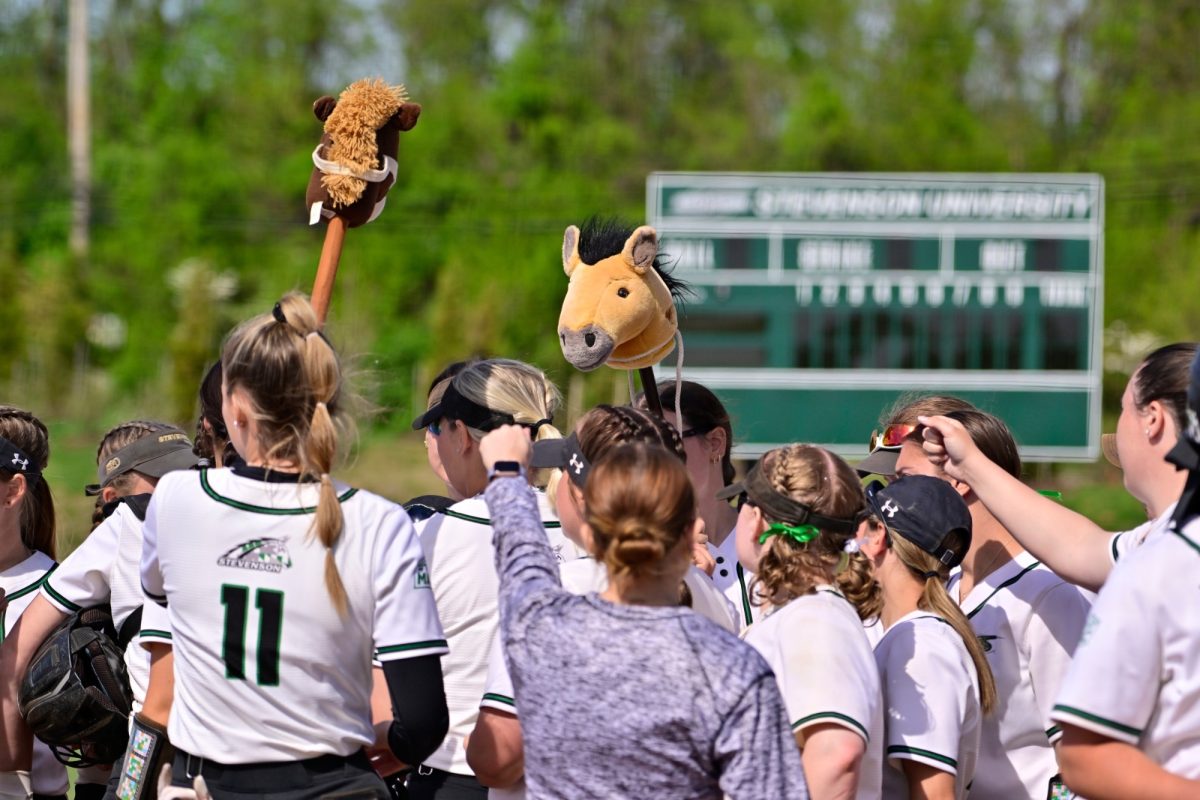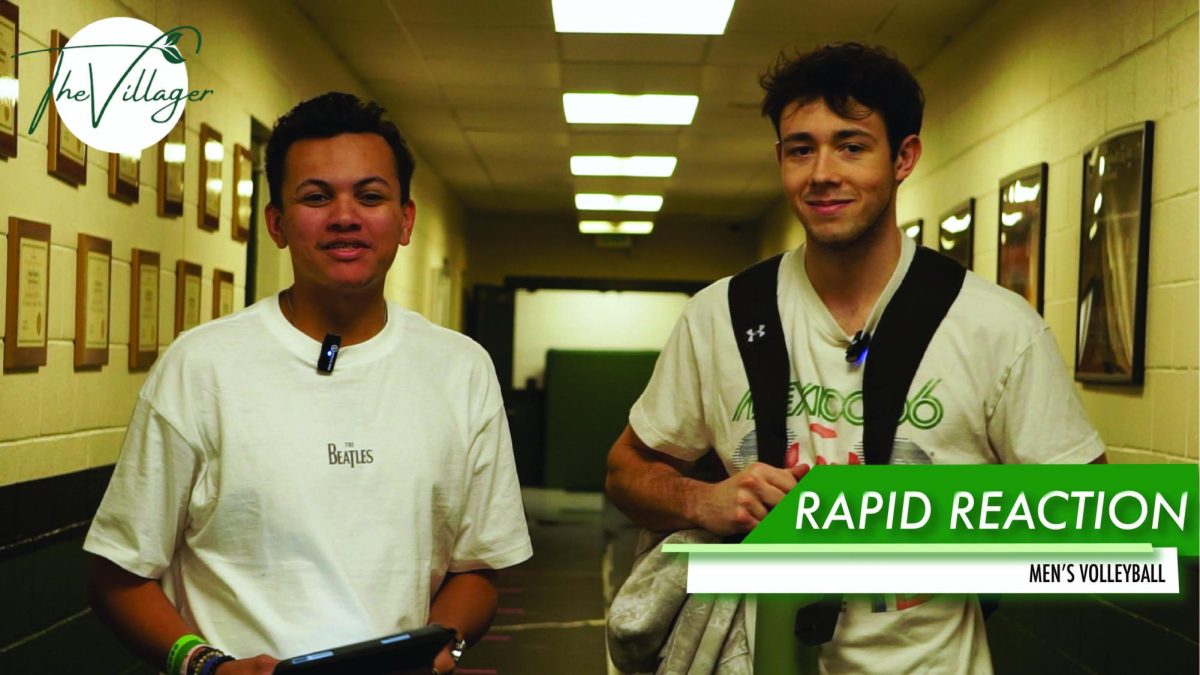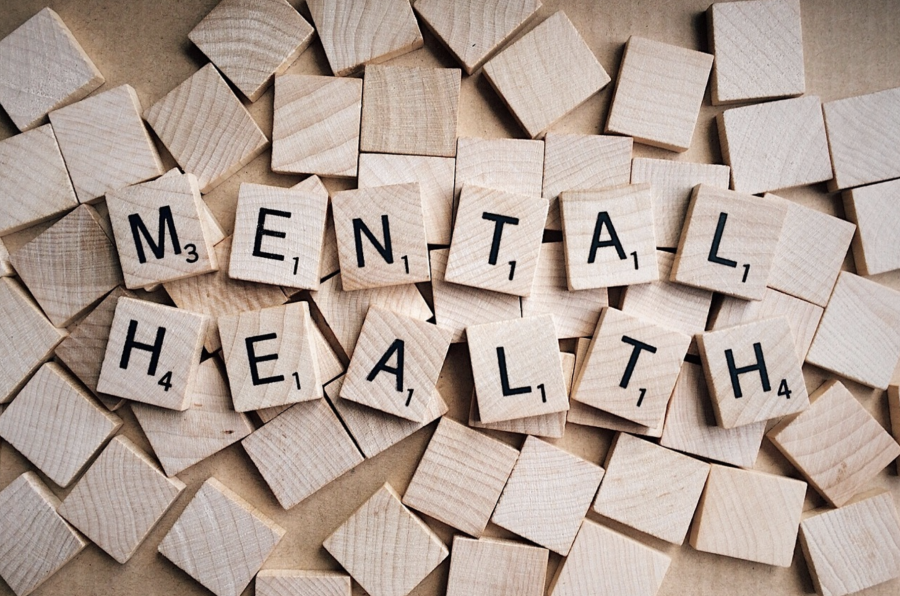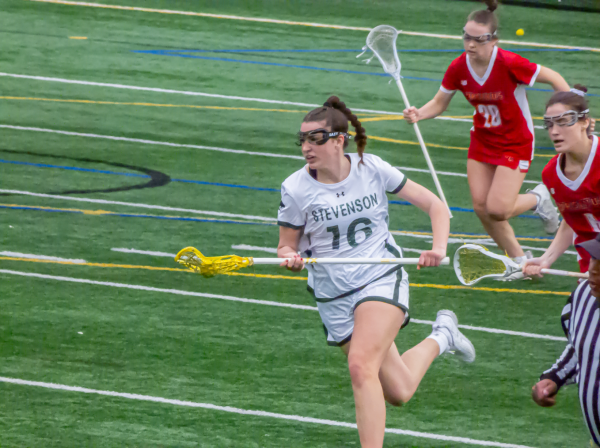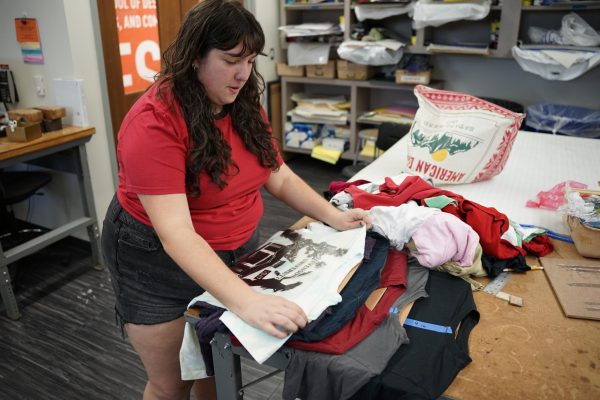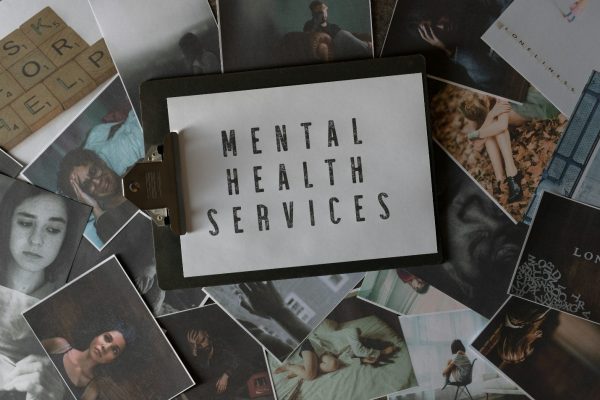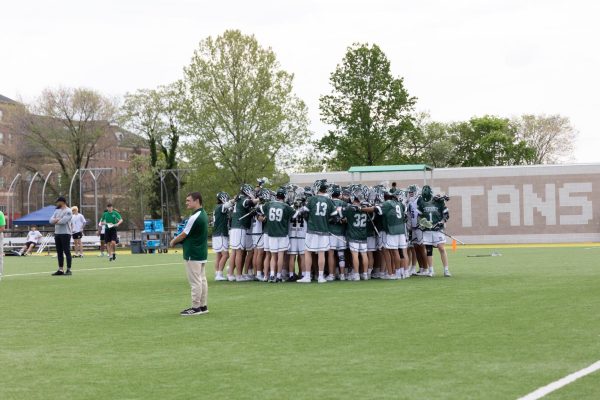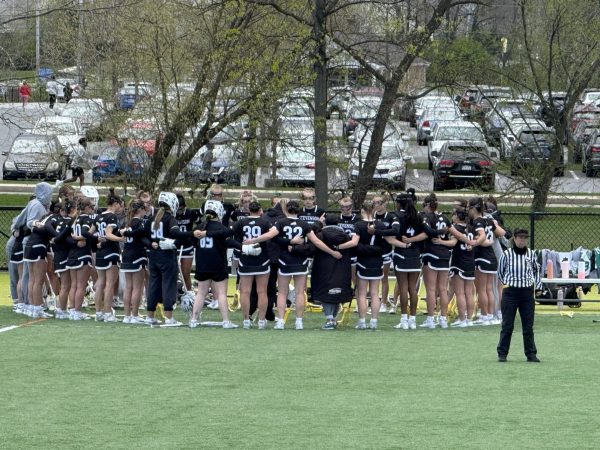LITTLE SPACE FOR HEALTHY HEADSPACE
Mental health issues continue to haunt college athletes
College athletes continue to struggle with mental health issues as they are held to high standards and expectations daily. The rate at which college athletes are dealing with mental health issues, such as anxiety and depression, is rapidly increasing.
In a survey given to the men’s lacrosse team at Stevenson University regarding the status of their mental health, the results were unanimous across the board. When asked if they have struggled with anxiety at some point in their playing career, 100% of the participants responded yes. In addition, 73% stated that they have dealt with anxiety or depression this school year alone.
A study done by the NCAA showed similar results to the survey given to the lacrosse team. It was found by the NCAA that 30% of surveyed athletes are feeling extremely overwhelmed, with nearly 25% feeling mentally exhausted.
Connor Remington is a freshman midfielder on the Stevenson men’s lacrosse team. He and other members of the team have struggled with both anxiety and depression during their time at Stevenson. Remington elaborated on his transition to college.
“I was not ready for the adjustment to college,” Remington said. “I struggled heavily with balancing schoolwork with lacrosse, and I fell behind very quickly. The stress to do well both in the classroom and on the field contributed as well.”
Although the pressure to do well in school translates to all college students, the addition of a sport is what sends some athletes over the edge. Daily practices, meetings, and lifts take away from the time athletes have to complete their assignments. Additionally, all these commitments leave athletes with little to no energy when it comes to completing their schoolwork.
In 2020, the NCAA conducted a study that focused on the well-being of student-athletes. In this study, it was found that there were far more student-athletes struggling with mental health issues than it was originally thought.
24,974 students took part in this survey, including 9,572 athletes competing in Division I, 8,990 athletes competing in Division II, and 6,302 athletes competing in Division III. The rates of reported mental health concerns experiences were 1.5 to 2 times higher than have been historically reported by student-athletes in studies done pre-pandemic.
In May of 2022, the NCAA conducted a survey following up on the one done in 2020. The data indicated rates of mental exhaustion, anxiety, and depression have seen little change since Fall of 2020 and remain 1.5 to 2 times higher than those identified before COVID-19. There was a total of 9,800 student-athletes who took part in this survey. It was found that 69% of women’s sports participants and 63% of men’s sports participants agreed that they know where to go for help if they have mental health concerns.
An interview was done with a junior on the Men’s Lacrosse team, Will Riemenschneider.
Riemenschneider recently transfered to Stevenson from Tampa University.
“In the beginning, I loved my time at Tampa, but once lacrosse started, I could not keep up. I struggled heavily with balancing my time between school and lacrosse, and the pressure to do well on the field got to me. In the little downtime, I had away from lacrosse, the last thing I wanted to do was spend it doing schoolwork.” said Will Riemenschneider, a recent men’s lacrosse transfer from Tampa University.
Many student-athletes face the same main issue: balancing time between studies and sports.
“I ended up transferring here to Stevenson so I can be a lot closer to home and to get a fresh start with my studies. I got very homesick last year, which was another contributor to the decline in my mental health,” said Riemenschneider.
Although the rates at which student-athletes are struggling with mental health issues continue to rise, students still hesitate to reach out for help. Part of the reason students do not seek help is simply that they do not know where to go for help.
In the study done by the NCAA, 31% of women and 37% of men who responded said they did not know where to seek help on campus.
Chip Rouse, the Athletics Academic Coach at Stevenson University, spoke highly of the on-campus resources, such as the Student Assistance Program [SAP]. “The Student Assistance Program allows students to schedule a meeting with a licensed therapist to talk about whatever issue they may have,” said Rouse.
Matthew Wilson, the captain of the Stevenson Men’s lacrosse team, has experience with the Student Assistance Program.
He commented on the help he received through the program, saying “I was really struggling mentally my junior year, so I reached out to the SAP and I had a meeting scheduled with a therapist within a few days. I was always hesitant to go to therapy, but the woman I worked with helped more than I thought she ever could. She listened to me rant about my problems, and she offered solutions to how I should deal with those problems. I recommend the SAP to anyone who comes to me looking for help.”
Your donation will support the student journalists of Stevenson University. Your contribution will allow us to purchase equipment and cover our annual website hosting costs.














